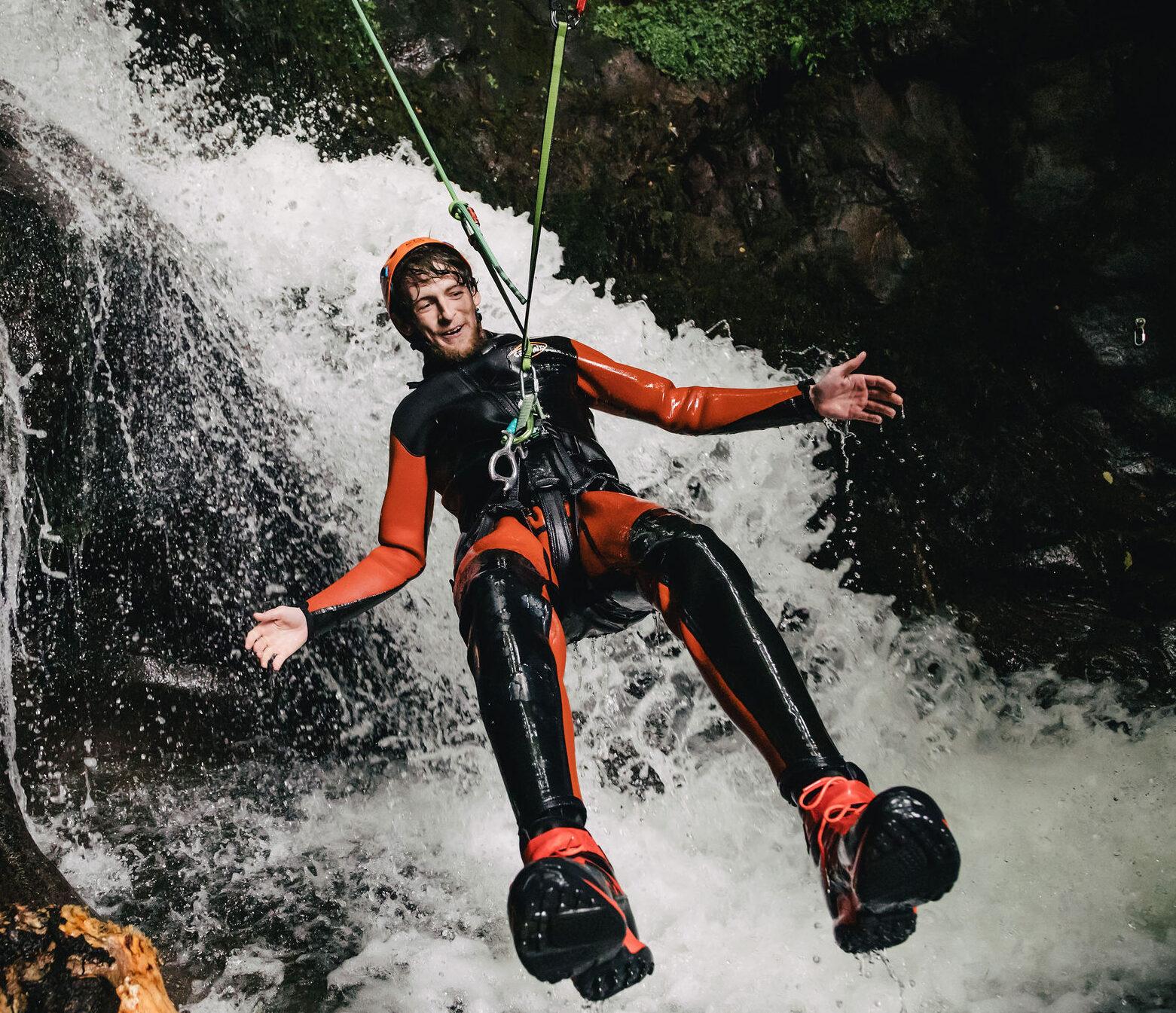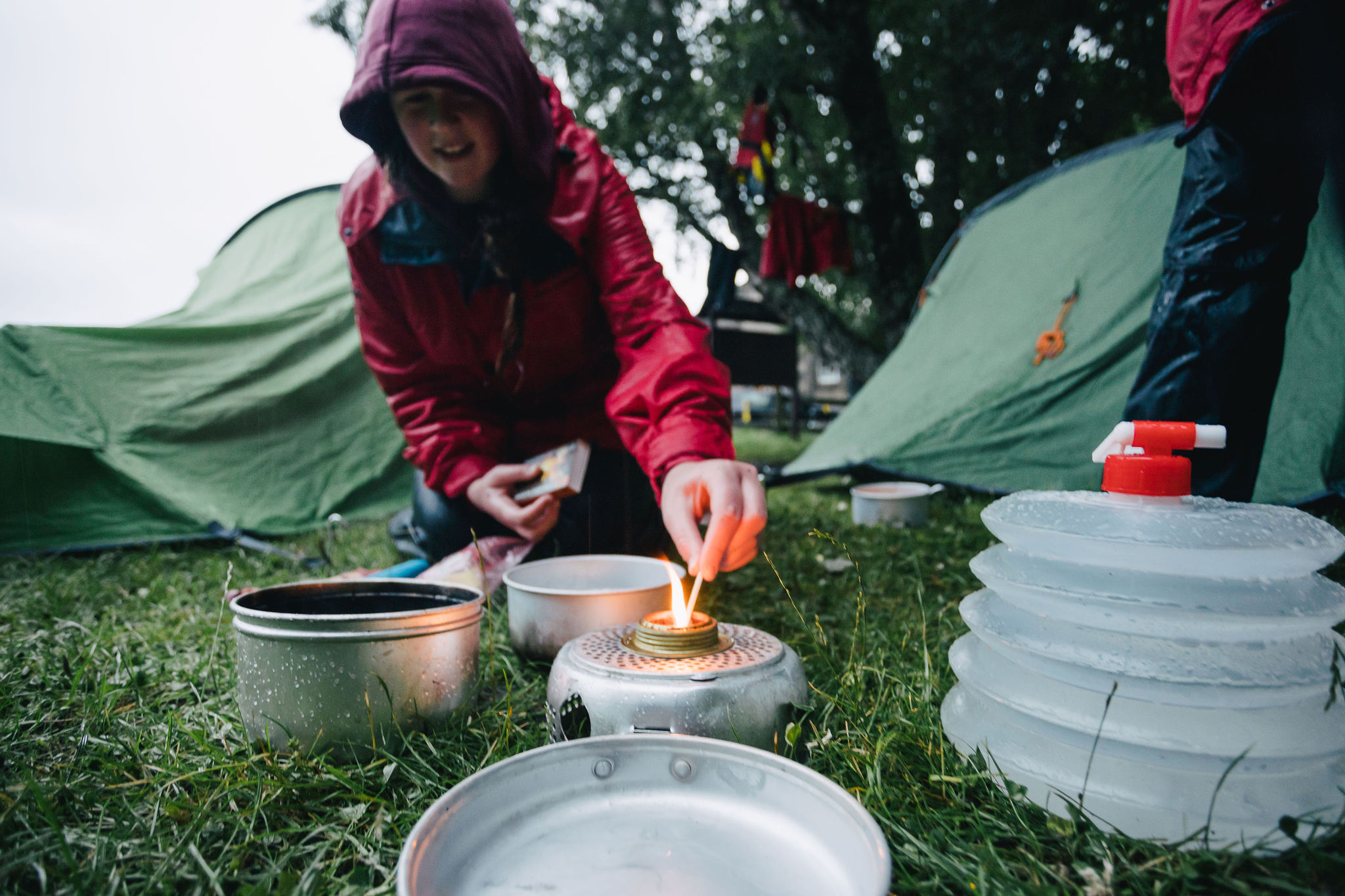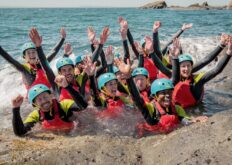Using the Duke of Edinburgh Award on your CV
The Duke of Edinburgh’s Award (DofE) is a youth awards program founded in the United Kingdom in 1956 by Prince Philip, Duke of Edinburgh. The program is designed to encourage young people aged 14 to 24 to participate in a variety of activities aimed at developing their personal and interpersonal skills.
Having the Duke of Edinburgh Award on your CV (Personal Resume) helps you stand out from the crowd when you are applying for Jobs, College, University or Apprenticeships, as it shows various skills such as dedication, communication and adaptation skills.
At My Adventure, we are a provider that delivers the expedition phase of the Duke of Edinburgh Award for schools and private groups across Scotland. Our qualified and experienced guides work alongside the school/ group to help each member achieve goals and develop skills that are valuable for life, at the same time as enjoying the Duke of Edinburgh Award journey.
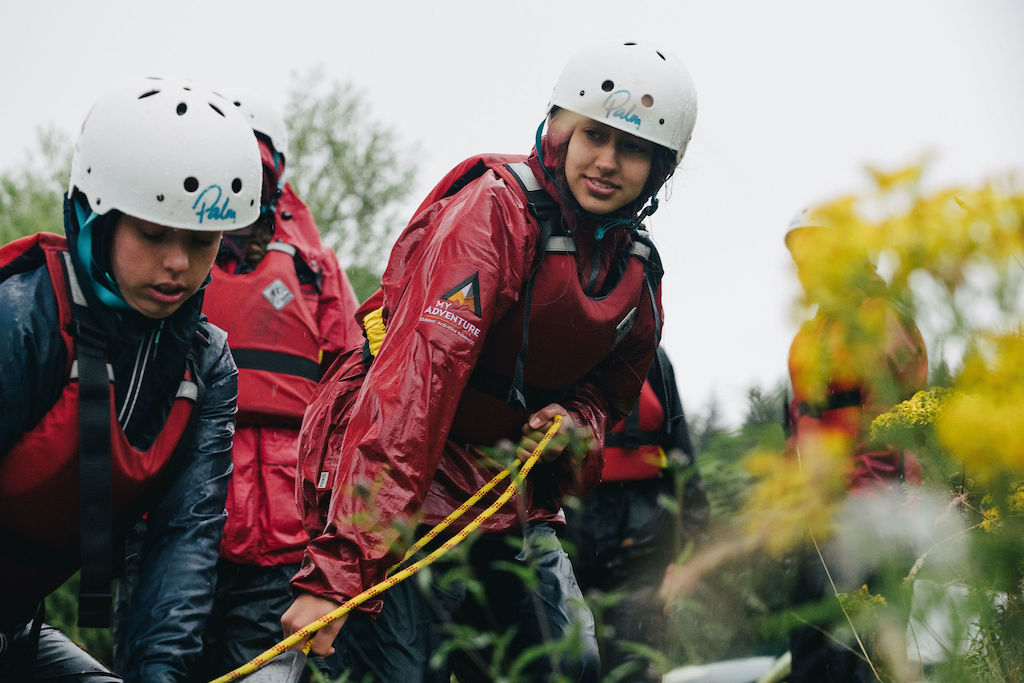
Why is the Duke of Edinburgh Award good for my CV?
During your Duke of Edinburgh Award, you will develop numerous soft skills as you overcome various challenges throughout your DofE Award. Soft skills are known as employability or transferrable skills that are non-academic and non-technical, these show employers a well-rounded image of you.
Soft skills are desirable to employers at it shows the person is ‘work ready’. Although most roles have an academic and technical criteria, soft skills are becoming equally as important, and these may give you the edge over an applicant who is only academically suited.
You may only notice your improvement in these skills when they have been pointed out, but here are some ‘soft skills’ that are developed over the course of your Duke of Edinburgh Award:
- Communication
- Team Work
- Taking the lead (Leadership Skills)
- Taking Responsibility
- Time Management
- Resilience
- Dedication
- Commitment
How to use Duke of Edinburgh sections on your CV
Applying for a Job, Apprenticeship or Course can be daunting, but having a good CV can show employers all your achievements and history, so when you walk in to your interview, you already have a good head start.
Your Duke of Edinburgh Award is split into four sections: Volunteering, Skills, Physical and Expedition. You may not realise it, but on each section, you will develop skills that are valuable to employers.
Here are some skills you will develop on each section, and how to highlight them on your CV:
Volunteering Section
The Volunteering Section of your DofE Award gives you the opportunity to make a difference to other peoples lives, by dedicating your time and efforts to making a difference rather than making money.
Here are some skills that are desirable to an employer that you earn on the ‘Volunteering Section’ of your Duke of Edinburgh Award:

- Dedication
- Time- Management
- Self Motivation
- Communication
- Position of Responsibility
- Compassion for others
- Supporting the local community
sKILLS sECTION
The Skills section of your Duke of Edinburgh Award is where you choose a skill, perhaps a sport, form of art or musical instrument, and work hard to develop within your chosen skill. Although the role or course you are applying to, may not directly align with the skill you have chosen, the dedication to develop is desirable for an employer.
Here are some skills that are desirable to an employer that you earn on the ‘Skills Section’ of your Duke of Edinburgh Award:
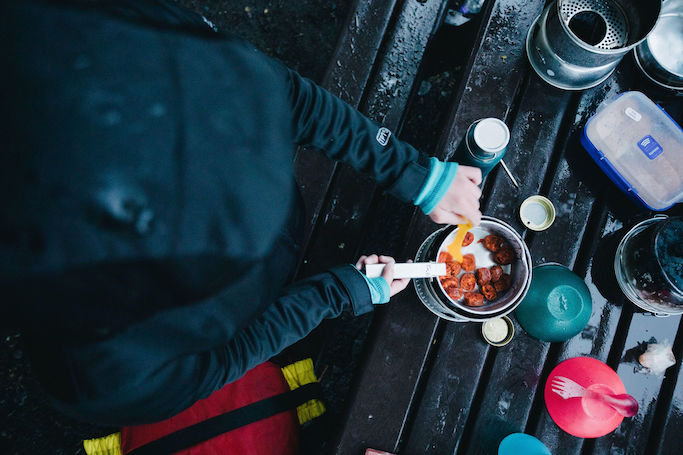
- Commitment
- Working with others
- Working through challenges
- Development of Social & Practical Skills
- Increased confidence & self-esteem
- Ability to learn new things
Physical section
‘The Physical Section you need to choose any sport or activity that uses a sustained level of energy then show development over a pro-longed period of time. Although the role or course you’re applying to may not be physical, this section shows employers that you are dedicated to working towards a goal.
Here are some skills that are desirable to an employer that you earn on the ‘Physical Section’ of your Duke of Edinburgh Award:
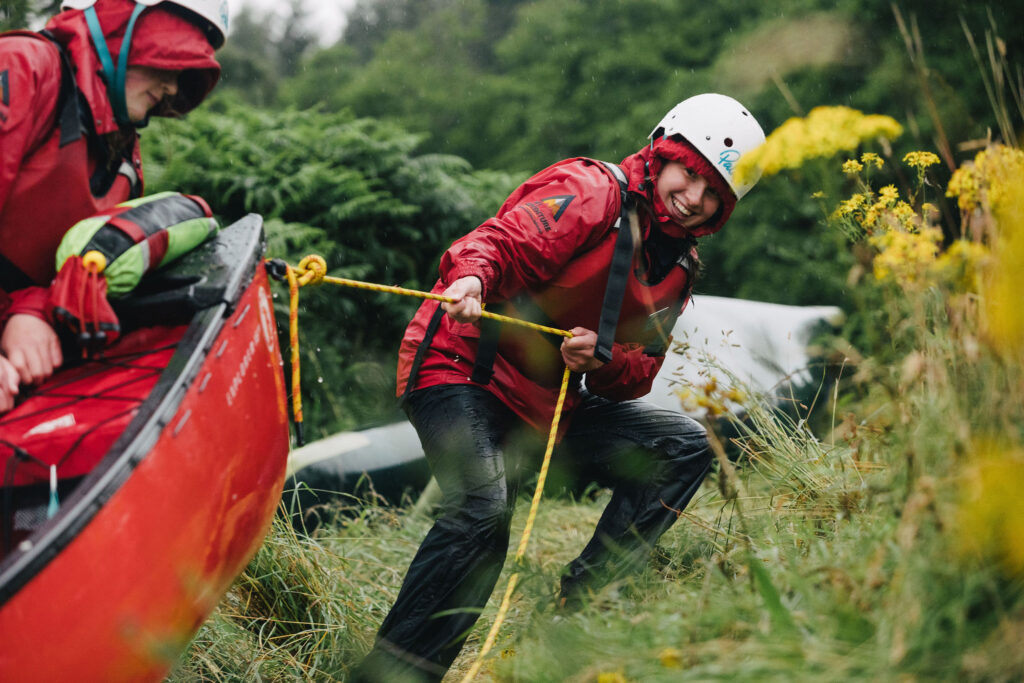
- Working with others
- developing an interest
- understanding rules and safety
- recognising achievement
- Improved physical health and wellbeing
- Working towards a goal
- meeting a challenge
- reflecting on progress
Expedition Section
On your expedition section, you need to plan train and complete and un-accompanied expedition with an agreed aim. This is arguably the most challenging section of your Duke of Edinburgh Award, but the skills and memories that you make will last a lifetime- as well as being the finishing touch to make that ideal CV.

- Leadership
- Organisation
- Self-sufficient
- Dealing with unexpected challenges
- Teamwork
- Problem Solving
- Decision Making
- Dedication
If you enjoyed this blog article and are looking for additional information about adventures from Edinburgh, we have published a number of other blogs:
- Top Ten tips for your Duke of Edinburgh Award expedition here
- A guide to the Duke of Edinburgh Award: here
- A guide to the Duke of Edinburgh Award: Silver here
- A guide to the Duke of Edinburgh Award: Gold here
- Duke of Edinburgh award: Essential equipment: here
- Top Tips for Backpacking in Scotland: here
- The best head torches for adventures in the outdoors: here
- Stag Party Adventures Edinburgh: here
- Planning a Hen Party to Edinburgh: here
- Hen Party Adventures Edinburgh: here
If you haven’t already seen it, check out the Intrepidus Outdoors Trip Advisor, Youtube channel, Visit Scotland page and blog to hear about how others found their outdoor adventures with us!

